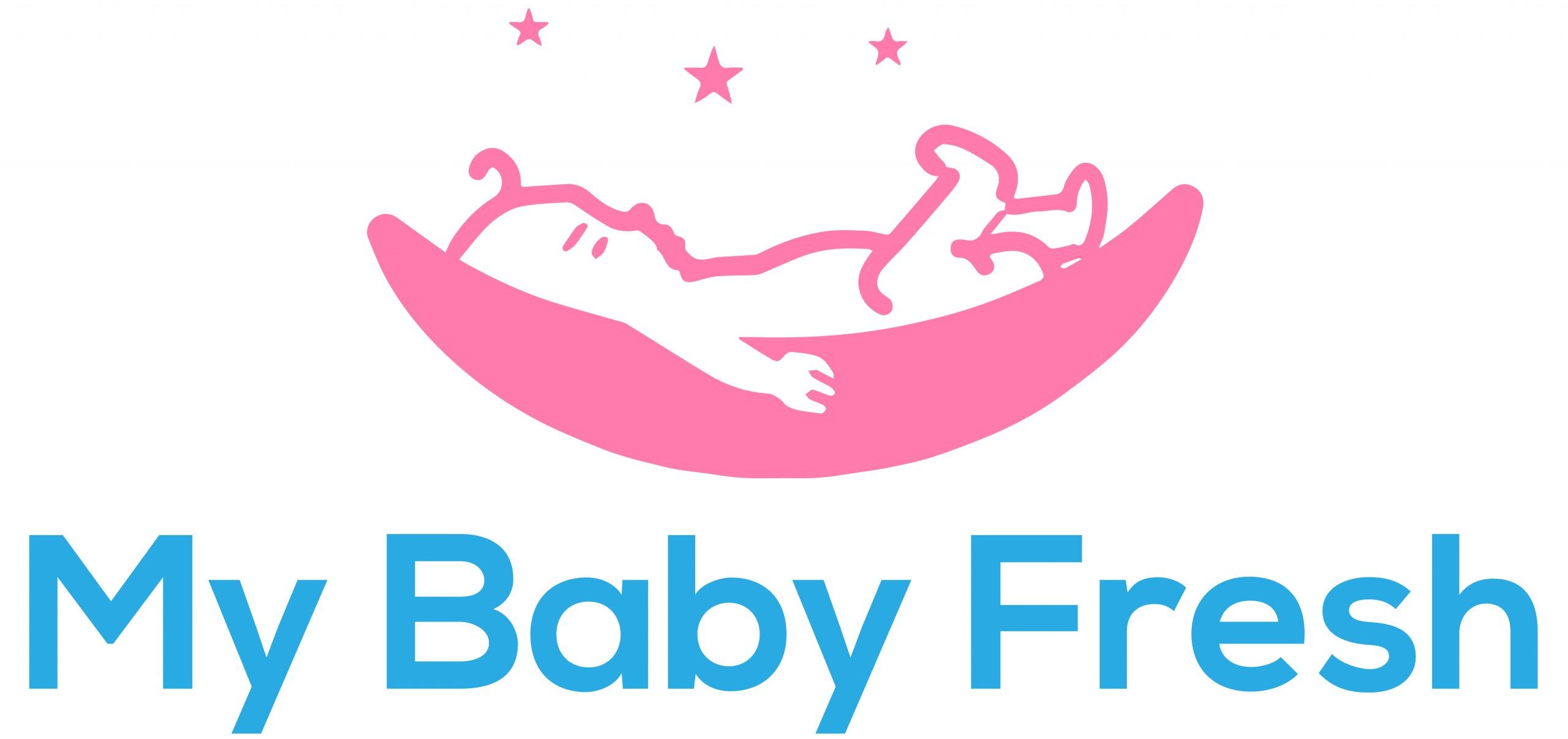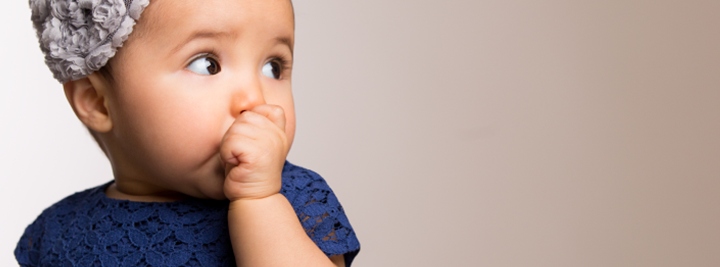This is perfectly normal and healthy for infants, and many babies and toddlers use it as a coping mechanism when they are anxious or excited. It is not only soothing and calming, but also helps them fall asleep so that it is used by them when they are anxious, excited, etc. It is not very surprising, then, that this habit is deeply ingrained when you are in the world.
What age do babies find their thumb?
Most children stop sucking on their thumbs between the ages of two and four and stop using dummy. If your child is sucking on fingers or thumbs beyond this age, it can affect the shape of the mouth and teeth. You should stop sucking your thumb until the permanent front teeth are ready to break out. Most children stop sucking on their thumbs at the age of four or five.
A child who passively puts his thumb in his mouth is more likely to develop dental problems such as tooth decay, cavities and other dental problems.
Dentists are not fans of thumb sucking, because strong sucking can push teeth against teeth and cause malalignments. A child may develop a problem with his primary tooth, which holds the permanent teeth growing on the gums. Thumbsucking until the age of 2 does not normally cause permanent problems, but thumbsucking before the appearance of permanent teeth at the age of 6 can cause problems.
How to remove thumb from baby mouth
Children who suck on their thumbs can often suck them raw, which sometimes leads to infection and can cause permanent damage to teeth.
In pacifier use, thumb sucking and finger sucking are perfectly acceptable for infants. However, it can become problematic if thumb sucking prevents the child from taking part in activities such as speaking.
According to the American Dental Association (ADA), there is a strong correlation between thumb sucking and the development of a baby’s reflexes, which are often seen in the womb during development. Many babies and young children use this as a coping mechanism when they are separated from their parents. This reflex gives comfort to the baby and as it grows it can help it feel safe and happy. It can also be calming and cause anxiety, depression, anxiety and even depression in adults.
Benefits of thumbsucking for a child
Thumbsucking is a common habit in babies and young children, and if this habit persists into childhood, it can cause serious health problems in adults.
While thumb sucking can cause damage to the teeth, children who passively put their thumbs in their mouth have a higher risk of developing dental problems than children who actively suck on the thumb. If a child continues to suck on his thumb, it could cause permanent damage that could affect the shape of his mouth and teeth as he ages. Most children will not stop sucking on his thumb at 2 or 4 years of age, and by that time their adult teeth are ready to break out.
Older children who constantly suck on their thumbs or fingers may need help to end this habit, but they can also cause damage to their teeth.
If you push your child‘s permanent teeth forward, these teeth and those of other teeth in the mouth can be damaged.
If your child does not stop sucking his thumb and fingers for a long period of time, he may end up needing additional orthodontic devices or braces. If you are not sure how to stop sucking your thumb, talk to your children’s dentist about it. Thumb sucking or finger sucking – it can provide comfort early on, but as it gets older it should be tackled.
At the age of 4-5 years, children suck on their fingers more than twice as often as in the first year of life.
How to stop baby from chewing thumb
If your baby needs to suck a lot, try to get him interested in a pacifier instead of his thumb when he needs to be comforted and not hungry. This can only be helpful if your child wants to use it as a reminder, but let me know in the comments if you have found something that works for you.
It is common for babies and children to suck on thumbs, fingers or pacifiers, but you can control the use of pacifiers as your child gets older so that they can be taken away. If a child who uses a pacifier is older than 1 year, he can switch to thumb sucking if he gives it up.
This instinct is easy to spot when babies are exploring the world and start putting all they can into their mouths. This reflex may be natural for babies and children, but if it persists too long, it can cause serious health problems. A typical practice is to help your child or baby feel comforted, as this is a natural reflex for them.
Many parents use pacifiers and toys to regulate their children’s emotions. For some children, sucking on their fingers or a pacifier can ease separation anxiety and help the little ones fall asleep. Some children find it easy to find out that thumb sucking calms them down when they are hungry, afraid, tired or bored.

